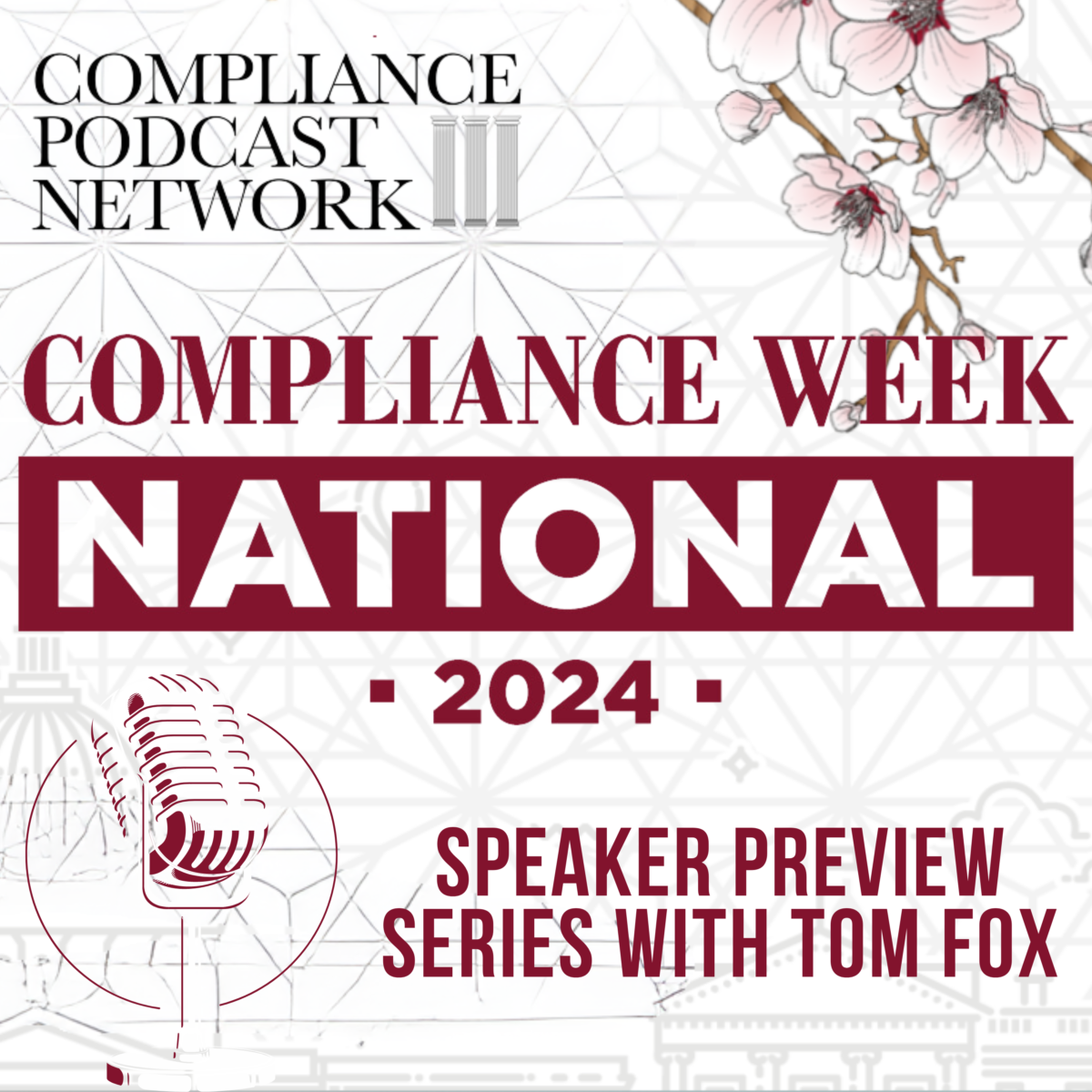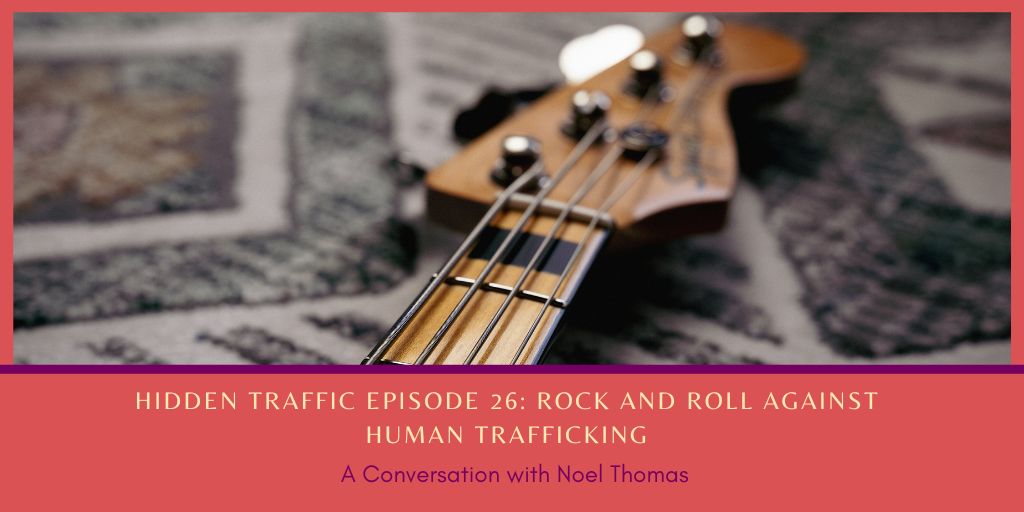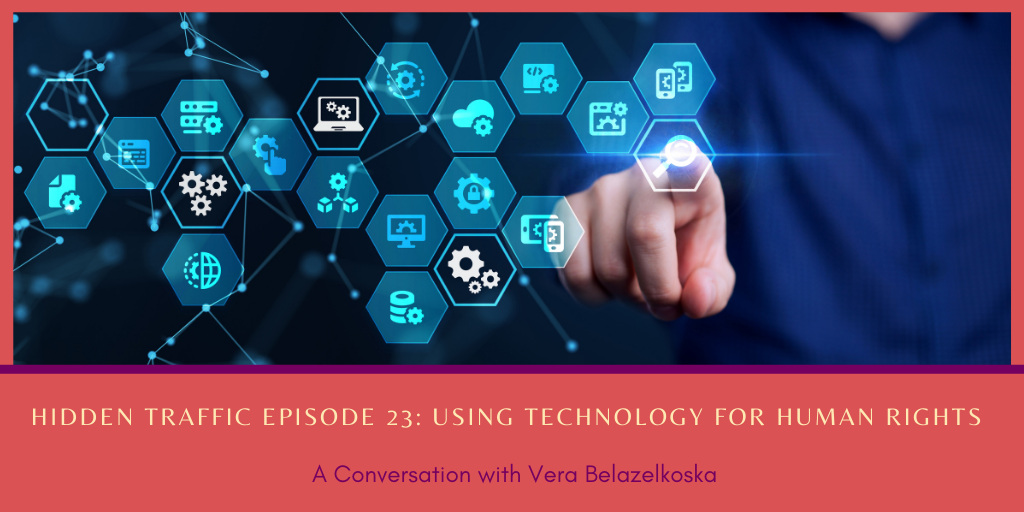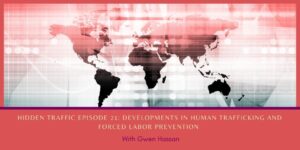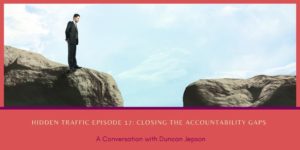The compliance profession plays a crucial role in ensuring ethical practices and maintaining regulatory compliance within corporate America. In a recent episode of the Great Women in Compliance Podcast, Lisa Fine and Ellen Hunt, a former Chief Ethics and Compliance Officer, chief Audit Officer and Chief Privacy Officer, and currently Principal Consultant and Advisor with Spark Consulting; hosted Gwen Hassan, Deputy Chief Compliance Officer at Unisys (and host of the award winning Hidden Traffic podcast) and Kim Yapchai, currently a board member of Direct Women, which is a nonprofit focused on promoting women to be public company board members and expert in a variety of corporate areas including ESG, corporate governance, M&A, compliance and Supply Chain. They discussed the importance and challenges of the compliance profession in today’s corporate landscape.
One of the key challenges highlighted by Yapchai is the struggle for recognition and resources within organizations. Compliance professionals often report to the General Counsel (GC) rather than the CEO, which can hinder their ability to have a seat at the table and influence decision-making processes. Additionally, limited access to data and budget constraints can further impede the effectiveness of compliance programs.
Yapchai see Compliance 1.0 as “being the police. Compliance 2.0, looking at culture and working with HR. Compliance 3.0 I think is really the type of ESG role that I had in my last role and reported to the CEO as part of the executive leadership team.” She believes this is another step in the compliance function being changed. It has moved to “to revenue protector, brand protector incorporating know and it is the people that drive everything. And all of this leads to better profits, it’s better risk management.”
To overcome these challenges, the speakers emphasize the need for compliance professionals to build key relationships, understand the nuances of the business, and effectively communicate the value of compliance programs. Hassan suggests that speaking the language of the business, using terms like return on investment (ROI), and showcasing the financial impact of compliance efforts can help gain traction and support from the C-suite and the board. By demonstrating the value of compliance in dollars, compliance professionals are more likely to capture the attention of business leaders who think in terms of profit margins and ROI.
The speakers also stress the importance of continuous growth and adaptation in the compliance profession. As the business landscape evolves, compliance professionals must stay abreast of new challenges, such as ESG (Environmental, Social, and Governance) and AI (Artificial Intelligence). They need to actively seek opportunities to expand their roles beyond traditional compliance functions and become revenue protectors and brand protectors. By incorporating culture and working closely with HR, compliance professionals can contribute to better risk management and overall profitability.
However, the speakers caution against complacency and the risk of devaluing the work of compliance professionals. Hassan believes that if the profession fails to grow and adapt, it could contribute to the moral decline of corporate America. Compliance professionals have a unique opportunity to shape the values and impact of organizations, not just in terms of financial success but also in making the world a better place for all stakeholders. By embracing a holistic view of what a company represents, compliance professionals can help drive positive change and ensure ethical practices.
Hassan went on to say she has ‘tempered optimism’ for the compliance profession. She believes that employees know what our intent and what we are trying to do. She notes that the compliance profession has “done herculean work in some particularly crazy times, especially over the last ten to 15 years.” Yapchai agreed and related that “when I started, the concept of a compliance officer and a compliance function was something that was brand new and really a heavy lift when talking to companies about compliance because it was almost unheard of to have a separate compliance department and a separate compliance team and report into the board.” In many ways compliance was seen as an “offshoot of what the law department was already doing” but there has been much improvement in that view. The status of the profession has been elevated and there are now colleges and law schools that are now teaching separate programs in compliance. This means that Gen Z and Millennials are studying compliance as a specific degree.
Creating a supportive community, or what the speakers refer to as a “Blue Zone,” is also crucial in combating the stress and loneliness that can come with the compliance profession. It helps people live longer and healthier, but the concept that you can create your own right with your surroundings and the way your daily habits and other things you can create your own. All of the speakers feel that it is important for ethics and compliance professionals to have their blue zone or their network or their support group by connecting with peers and sharing experiences, compliance professionals can find support and inspiration to navigate the challenges they face.”
In conclusion, the compliance profession in corporate America is of utmost importance in ensuring ethical practices and regulatory compliance. However, it faces challenges such as limited resources, lack of recognition, and the need to continuously adapt to a changing business landscape. By building relationships, understanding the business, and effectively communicating the value of compliance programs, compliance professionals can overcome these challenges and contribute to the success and ethical standing of their organizations.


